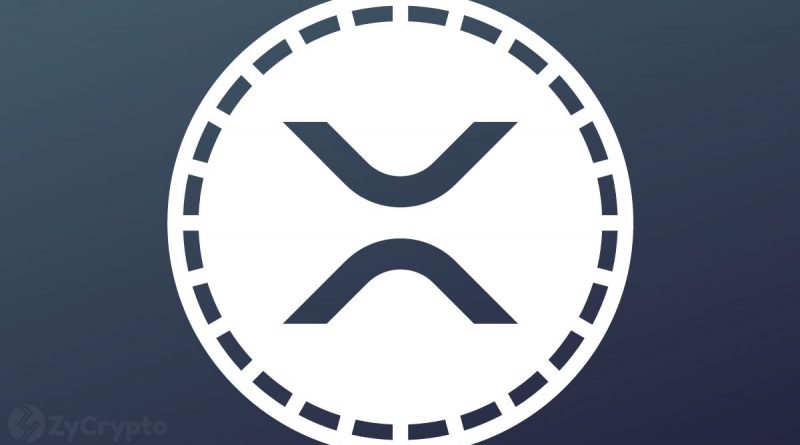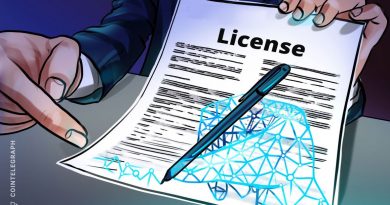Ripple Claps Back At SEC’s Request To Challenge Ruling That XRP Isn’t A Security
In the latest development of the legal squabble between Ripple and the US Securities and Exchange Commission (SEC), the attorneys for the blockchain payments firm have fervently opposed the agency’s anticipated motion for leave to file an interlocutory appeal relating to the XRP sales ruling made by U.S. District Court Judge Analisa Torres on July 13.
Ripple’s Opposition Detailed
Ripple has stated categorically that it opposes the SEC’s move to appeal its partial loss in the XRP case that rocked the crypto industry.
“We oppose the SEC’s request for an interlocutory appeal,” Ripple Chief Legal Officer Stuart Alderoty postulated on X (formerly Twitter). “There is no extraordinary circumstance here that would justify departing from the rule requiring all issues as to all parties to be resolved before an appeal.”
In a Wednesday court filing, Ripple’s legal team explained to Judge Analisa Torres of the Southern District of New York that because the SEC failed to meet aspects of the Howey test relating to Ripple’s distribution of XRP tokens, she should dismiss the SEC’s motion for leave to submit an interlocutory appeal.
Judge Torres ruled last month that the cryptocurrency XRP is not necessarily a security on its face. The decision was widely celebrated in the cryptocurrency space and sent the price of XRP soaring. The win was tipped as a potential precedent that can help strengthen any potential defense against the SEC, which has also labelled Cardano (ADA), Solana (SOL), and Polygon (MATIC) as securities.
Ripple made nuanced arguments in a bid to counter the SEC’s motion for an interlocutory appeal. First, they contended that an appeal demands a “pure” legal query and that the SEC’s request doesn’t distinctly raise any new legal issues that necessitate a fresh review.
Ripple’s legal minds then argue that the SEC’s claim that the XRP case was wrongly decided is not adequate, as the regulator needs to prove that the two courts are in clear contention with each other over the core matters — which has clearly not been the case here.
What’s Next?
The SEC will need to get the green light from the United States District Court Southern District of New York to file the appeal and then from the Court of Appeals. If granted, then the regulator would need approval from the Second Circuit, which then would examine the interlocutory appeal.
Ripple claims that even if the SEC were to find favor with their appeal and subsequently clinch a victory, this wouldn’t mean the end of the litigation proceedings. Ripple highlights the existence of unresolved issues, vital among them being the firm’s fair notice defense and the deep-seated question of damages.
This implies that the litigation, far from being made simple, could morph into a lengthy legal affair. Ripple’s attorneys are of the opinion that it is more reasonable for the regulator to appeal Judge Torres’ decision after a final judgment is made with a complete record.
Source: Read Full Article



